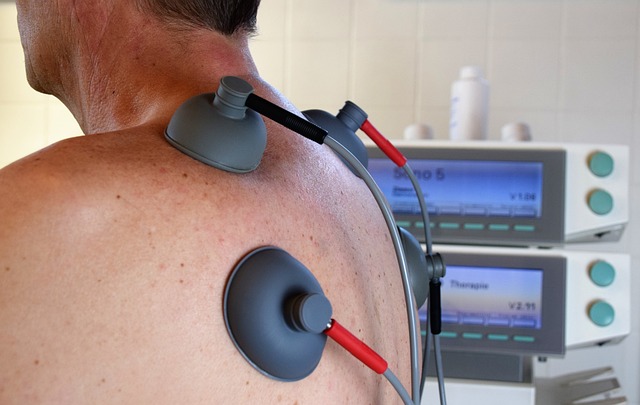Private equity transactions have become increasingly popular in the healthcare industry, with companies seeking to take advantage of the opportunities presented by this dynamic market. This trend came to a head in 2022, with the private equity industry achieving its second-highest year of healthcare dealmaking.
Naturally, as more healthcare companies become interested in pursuing private equity-based solutions, there has been increased discussion on how to best navigate the transaction process – be it via sale, merger, or acquisition. By better understanding these details, companies can maximize the impact of these interactions, contributing to a stronger, more informed healthcare process.
The Basics of Healthcare Private Equity
In healthcare, private equity transactions entail the acquisition of healthcare entities and infrastructure by private equity firms. Specifically, these transactions often involve the sale of a majority or minority stake in the company, though they can also involve acquiring the entire company.
The key players involved in private equity transactions in healthcare include private equity firms, healthcare companies, healthcare facilities, healthcare service providers, and investment banks. Private equity firms are the buyers in these scenarios, while healthcare companies, facilities, and service providers are the targets for acquisition. Meanwhile, investment banks provide advisory services to both buyers and sellers, assisting with deal structuring, valuation, due diligence, and negotiation.
Considerations for the Private Equity Process
There are several types of deals that are most common in healthcare private equity, including leveraged buyouts, growth capital investments, and platform acquisitions. Leveraged buyouts involve using debt financing to acquire a controlling stake in a healthcare company, while growth capital investments involve the injection of capital to support the growth of an existing healthcare company. Platform acquisitions involve acquiring a healthcare company as a platform for further acquisitions and development.
Once in motion, a healthcare private equity transaction entails several vital steps, including deal origination, due diligence, deal structuring, negotiation, and post-transaction integration. Deal origination involves identifying potential targets for acquisition, while due diligence involves conducting a thorough investigation of the target’s operations, financial performance, and regulatory compliance. During deal structuring, participating entities determine the terms of the transaction, including the purchase price, financing structure, and governance arrangements. Negotiation involves reaching an agreement on the terms of the transaction, while post-transaction integration sees the integration of the target into the buyer’s operations and the realization of anticipated synergies.
During the course of these processes, healthcare companies need to consider several other important factors, including valuation, additional due diligence, and negotiation strategy. Valuation involves determining the fair market value of the target, which is critical in determining the purchase price and financing structure of the transaction. Due diligence, in this sense, means identifying and mitigating any risks associated with the target’s operations, financial performance, and regulatory compliance. Negotiation strategies usually involve balancing the interests of the buyer and seller and reaching a mutually beneficial agreement on transaction terms.
Managing Post-Transaction Integration
Once a transaction is final, post-transaction integration is critical to realizing the deal’s anticipated benefits. Healthcare companies should have a clear integration plan before the transaction is finished, including a timeline, a communication strategy, and a contingency strategy for addressing potential issues. All of these aspects should center on and bolster personnel retention and cultural preservation within the workplace.
If navigated carefully and diligently, private equity transactions in healthcare can offer significant opportunities for both buyers and sellers. Healthcare companies considering a private equity transaction should seek the advice of experienced investment bankers and legal advisors, taking a strategic and informed approach to maximize value and position themselves for future growth and success.







